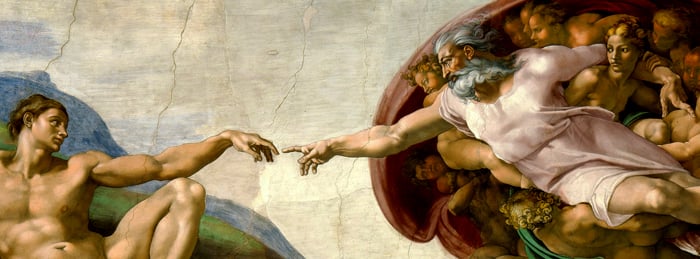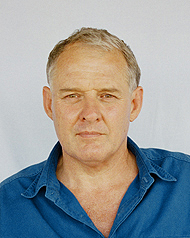Awarding the Templeton Prize to the Dalai Lama was Brilliant PR
(This article first appeared at urbantimes.co on 9 Jul 2013)
The Templeton Prize is the richest of its sort in the world. Each year about $1.8M is awarded to an individual ‘for breakthroughs in discovery and outreach with direct or indirect relevance to Spiritual Progress.’ Traditionally it is awarded to a scientist. The Dalai Lama was this year’s winner, and while his scientific bona fides are arguable, for ‘PR’ purposes it was a clever choice.
The Prize was set up by the late Sir John Templeton in 1972 to encourage progress in our understanding of religion and the religious life. The types of people Templeton had in mind were those making discoveries in their various disciplines that increased our understanding of the spiritual side of life. They were people who, in the words of the Prize’s charter, were ‘expanding our vision of human purpose and ultimate reality.’
It is still generally regarded as an open question whether science and religion have anything to offer one another. There are fundamentalists on both sides of the divide that would like nothing better than to keep them separate. Scientists such as Richard Dawkins epitomise the intolerance of scientific fundamentalism. Other scientists such as the late Stephen J. Gould, recognised the value of Faith, but would simply keep them separate—they are, in his words ‘non-overlapping magisteria’.

Do science and religion have anything to offer one another?
The more constructive view, which is that religion and science do have something to offer one another, is articulated by the 2005 Templeton Laureate Charles H. Townes, a physicist and man of faith, who says of religion and science, that ‘they both represent man’s efforts to understand his universe and must ultimately be dealing with the same substance. As we understand more in each realm, the two must grow together…converge they must’. For the reasons that Townes articulates, this appears to be a logical conclusion.

Cutting edge biological treatise: Jeremy Griffith
In his cutting edge treatise on the biological foundations of the human condition, the Australian biologist Jeremy Griffith is more explicit about the barriers to convergence. He says that unless humans’ non-ideal, selfish and destructive behaviour is first understood and thus defended (which he argues has now occurred), it is simply too confronting to accept that the Godly ideals have a basis in the physical laws of the universe, and so scientists have had little choice but to consign religion to the realms of ‘non-science’ altogether.
So the Prize acts as something of an antidote to this tendency, and instead encourages the two sides to converge. A look through the list of Laureates shows that winners are typically scientists and successful ones at that. While this removes the notion that the Prize acts as a ‘grant’, helping pioneers bring their work to fruition, it does make it clear that the judges’ brief is to select high-profile individuals so they can at least act as beacons for the goals of the Templeton Foundation, which in essence is the convergence of science and religion.
In the Dalai Lama we have something slightly different again. While there is no arguing the Dalai Lama’s ability to remind the world of the value of a spiritual life, his contribution to a rational understanding of it is less clear. Perhaps to help counter this, the Templeton organisation is at pains to point out the Dalai Lama’s contribution to science through his patronage of studies into the effects of meditation.
Where there can be no disagreement is that the award of this years prize has brilliant ‘PR’ value. Not only for spirituality, but for the Templeton Foundation itself. Being associated with the Dalai Lama has ensured that the Prize has received great publicity.
It may be wistful thinking, but instead of awarding the prize to a high profile public figure, perhaps one day the Prize might be awarded to an upcoming scientist working to truly understand the human condition, no doubt without support from the mainstream. Perhaps there is a young Ilya Prigogine or Teilhard de Chardin out there now—indeed Griffith should be a stand out nomination for the light he has shed on the human condition. At any rate it would be heartening to see the prize used to further research, rather than being awarded for its symbolic value (the Dalai Lama promptly donated his to charity), because in the end ‘breakthroughs’, always come from the fringes, and what’s more, they normally need help.



Please wait while the comments load...
Comments